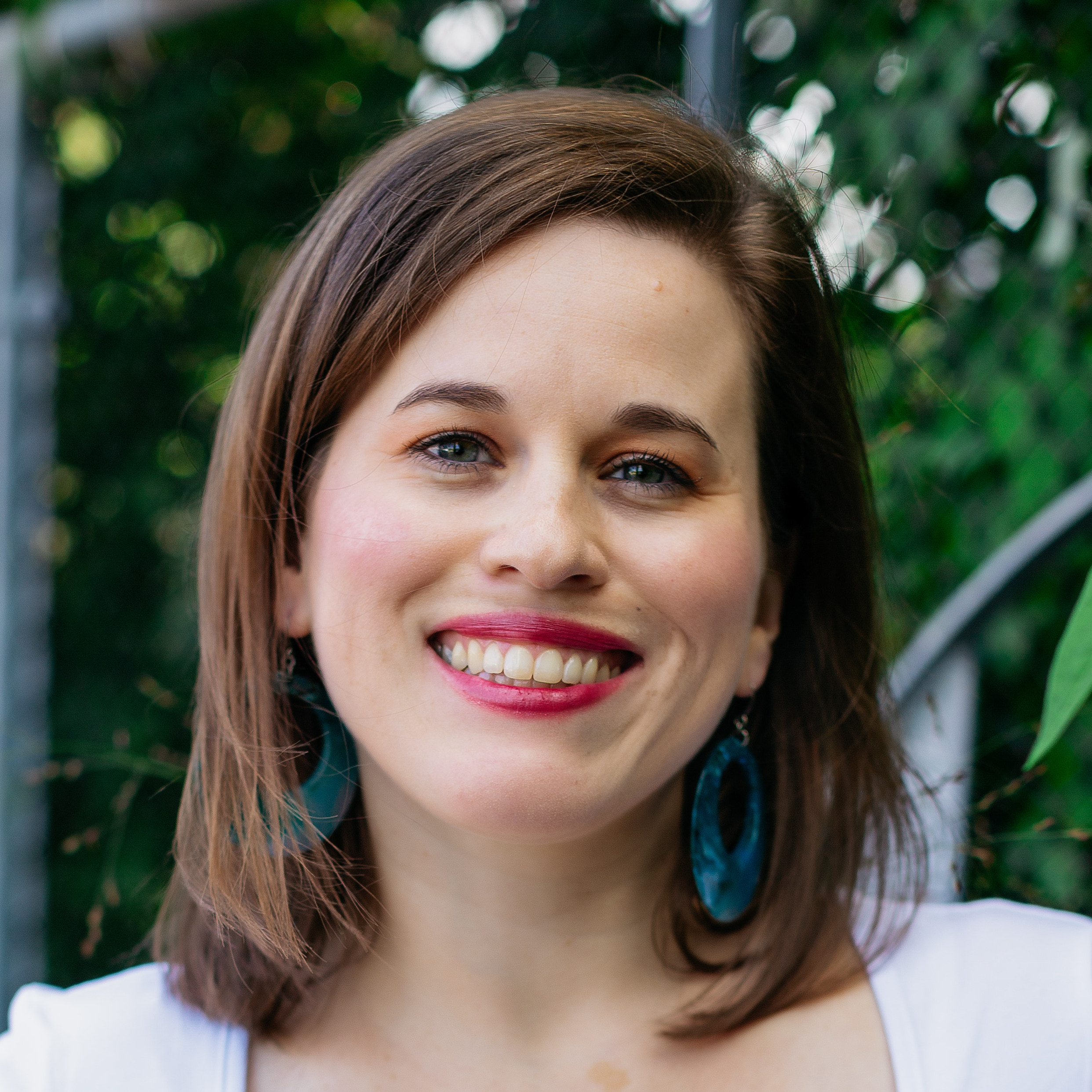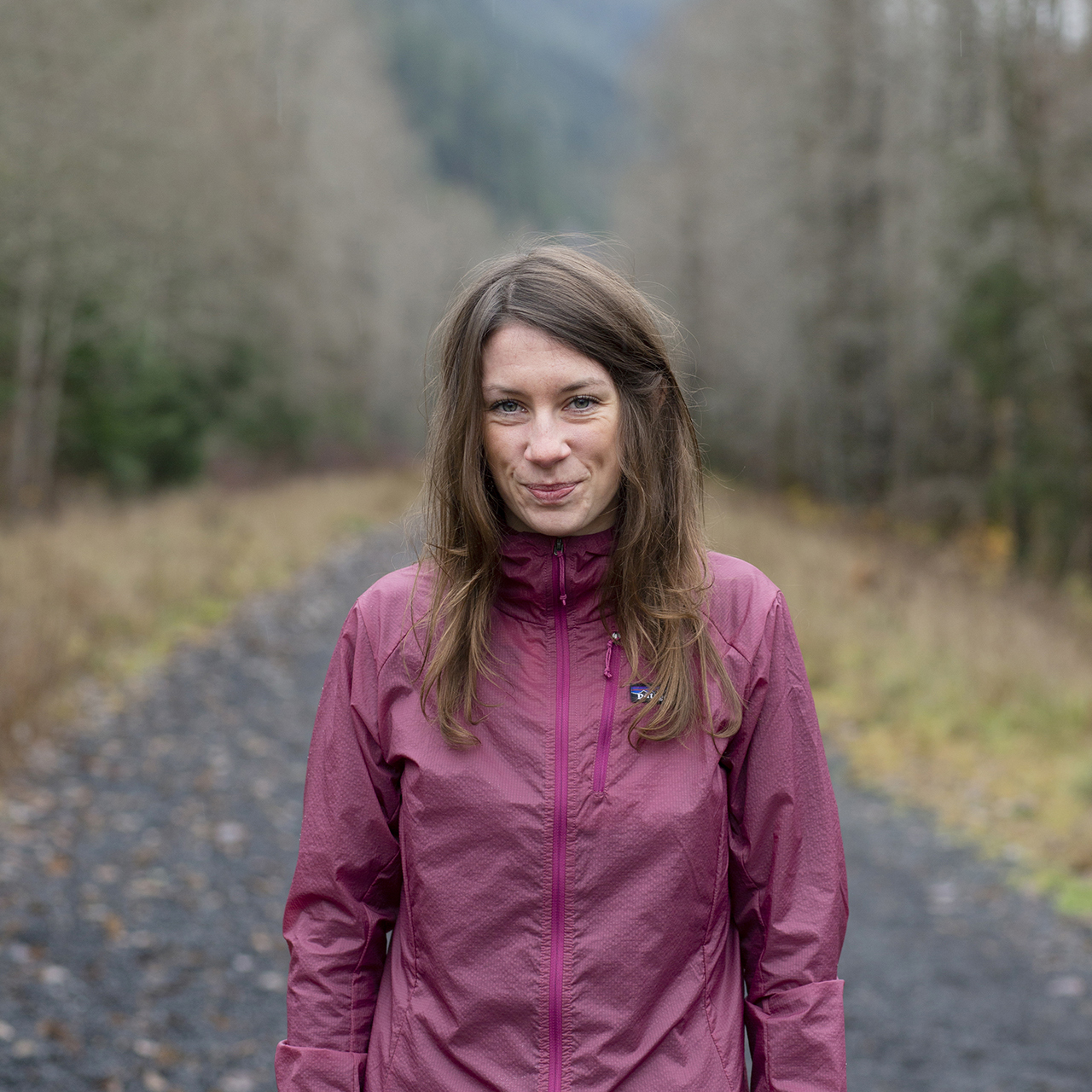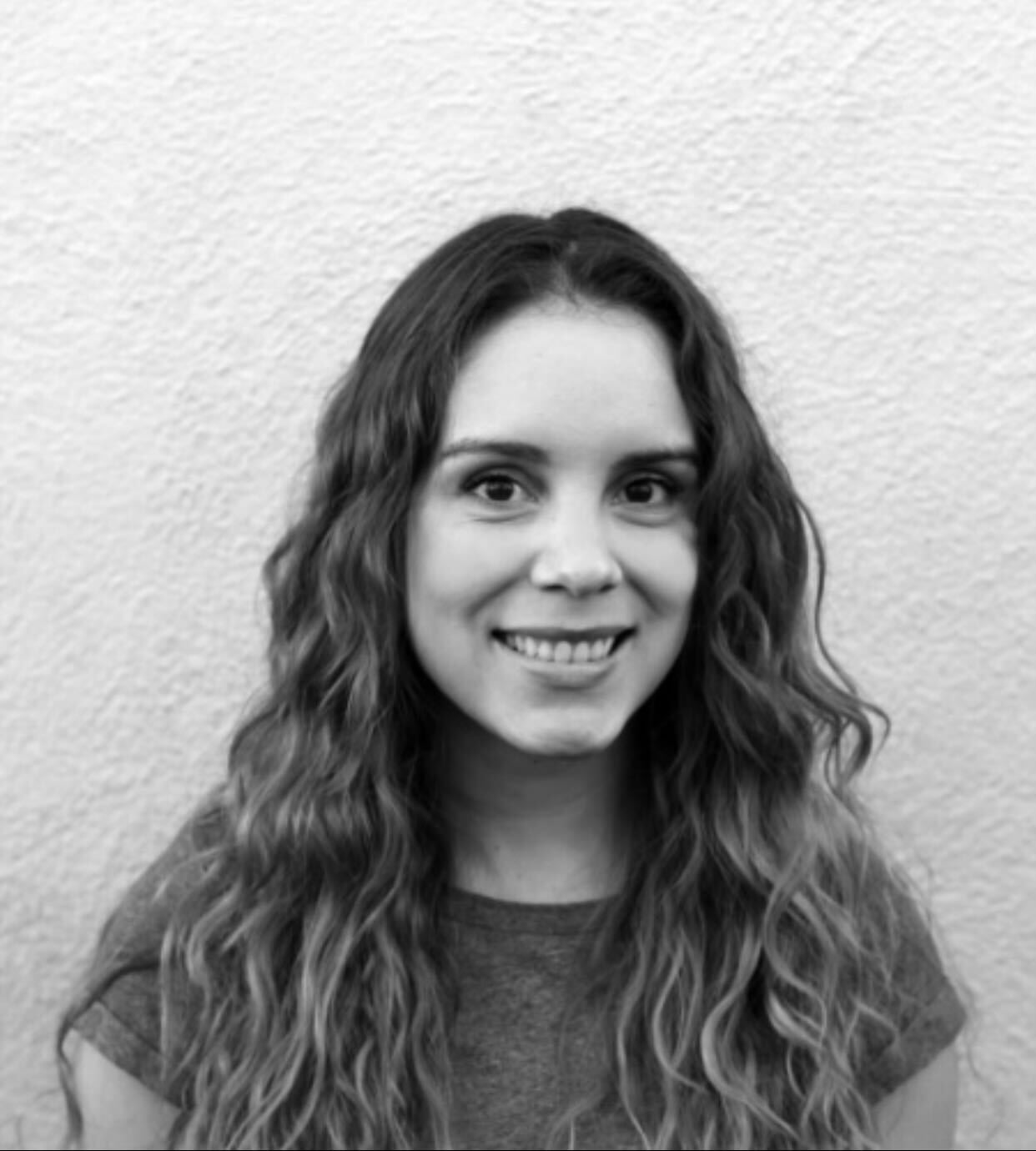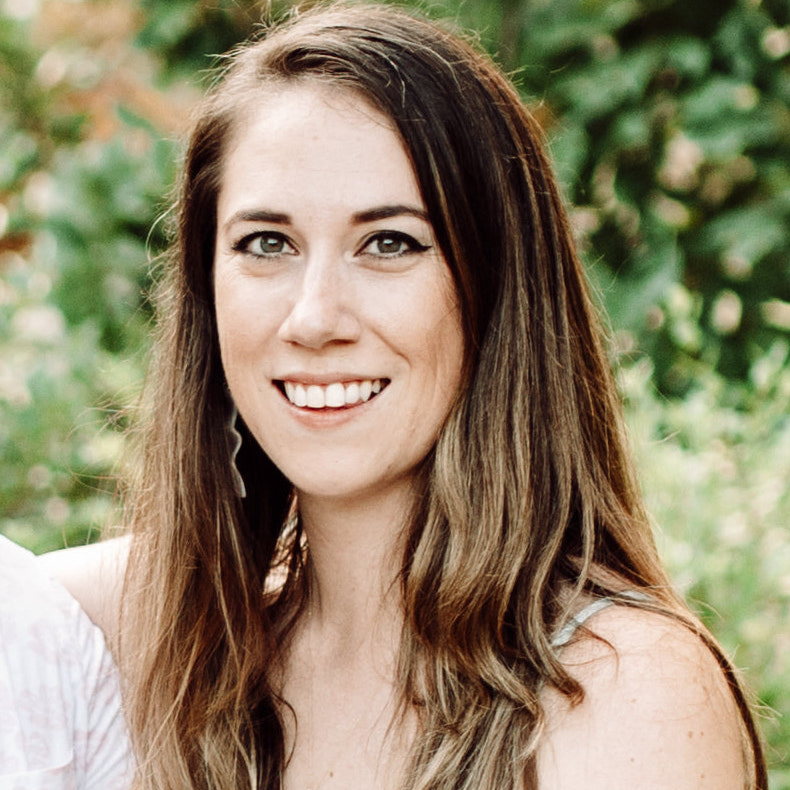I’m self employed, so it’s my responsibility to fill all of the possible roles it takes to successfully run a business. Accounting, financial planning, sales, marketing, customer service, you name it, it’s likely I do it during any given week.
But owning a business with a podcast attached to it means that I can allocate some of those working hours toward actually running my show. The guest sourcing and management, interviewing, editing, and episode promotion all gets done during my working hours.
And even then, those working hours tend to creep far too deeply into my personal time. Which made me wonder what other podcasters were doing to find a balance between the time it takes to run their podcast alongside their day jobs.
Here’s how eight long-time podcasters juggle their responsibilities. Maybe you’ll find something that can help you, too.
Make podcasting part of your day job
Let’s start with the easiest way to balance a podcast and a day job: make it part of your job responsibilities. That’s what Vanessa Quirk, co-creator and co-host of Urban Roots, did after accepting a position at an urban tech company in 2017.
“They really understood the value of storytelling, and part of the reason they hired me was because I said in my interview, ‘I really wanna make a podcast,’” she said. “So they allowed me to dedicate time and resources towards starting City of the Future, and also hiring really great professionals in the podcasting space.”
Other benefits of podcasting as a job responsibility are the network you’ll build and opportunities you have to ask for additional resources to grow your show.
This was definitely Vanessa’s experience. She says, “I got to work with Benjamen Walker and Andrew Callaway of The Theory of Everything podcast, which is a Radiotopia show. They taught me so, so much. Over the course of the four years of making City of the Future, I learned a lot about scripting, editing, packaging, marketing, the whole nine yards.”
But if you’re doing both—podcasting at work and podcasting outside of your working hours—consider doing something different in each role.
For example, Mark Pagán of Other Men Need Help pointed out that doing too much of the same podcast work in your personal and professional life may lead to an imbalance of effort and energy.
He says, “If there's a side of the podcast process that you want to be participating in, don't do that for your day job. Some people can turn off and then work on their own stuff afterwards; I don't want to. If my goal was to be hosting, or if my goal was to be writing, and I'm doing that for my day job, I think that's a quicker road to being burnt out.”

Podcast in the evenings or on the weekend
The obvious solution to podcasting with a day job is to put aside some evening time to work on your podcast. That’s what podcasters like My Perfect Console’s Simon Parkin do.
“I tend to work on [the podcast] in the evenings. I'll do like two hours a night, whether that’s writing to people to ask them to come on, or editing, or queuing things up to go out…It’s quite nice to have the discipline and the rhythm of that for my own sake,” Simon said.
If regular evenings and weekends don’t work for your schedule, you can always batch record several episodes every few months like podcasters Caleigh Heeg and Sam Sutherland, busy moms and co-hosts of the Nacho Fitness Coach podcast, do.
“We get together for a weekend once every three months and record 12 episodes in that one weekend. Our producer owns all the podcast equipment and the three of us set up in a conference room at a local technology center,” Caleigh said.
“Our recording weekends are something we look forward to because it's a chance for us to get together and be creative, have fun and create content that we really love putting out.”
Be selective with your own creativity
I’ve never met a podcaster who didn’t have at least a couple other ideas for podcasts that they’d love to create—if only they had the time, energy, and resources.
But sometimes, being forced to work on a personal podcast project with limited resources in your limited free time is a blessing. It means you have to be selective with your ideas, which is truly the key to finding balance and being able to maintain your creativity.
That’s what James Kim of Moonface thinks. “I'm not going to lie, I hit a breaking point where I wasn't sure if I wanted to continue,” he said. “And the reason I got burnt out was because I went all in on my original ideas. I was working on three, maybe four of my original ideas simultaneously. And it was exhausting.”
“Now I’m going back to the model of having a somewhat stable gig, and then doing my creative stuff outside of that gig. Taking it step by step and focusing on one project, and hopefully one gig. Inching forward that way.”
Create processes, templates, and deadlines
An essential part of fitting a podcast around your day job is finding ways to reduce the time it takes you to produce a podcast. One way is to create workflows and systems and stick to them through the entire process of episode ideation, guest sourcing, interviewing, editing, and promoting your show.
For example, when I first started my podcast, I used a tool that automatically made audiograms of any new episode. Now, I make my own because I have all the templates I need within Descript to quickly pull out the best moments from the transcript.
Carolyn Kiel of the Beyond 6 Seconds podcast created a system for how she can promote her episodes with as little work as possible. She says, “I schedule a lot of my social media posts ahead of time, which I write based on templates I created for each platform that I post on. I try to reuse, automate, and delegate as much as I can.”
You’ll also want to be regimented with your processes and task deadlines. It’s easy for creatives to allow projects to spiral a bit, but if you always know when things are due, it’s a lot simpler to show up, get the work done, and then go back to the other parts of your life, like a traditional job or your family time.
Ryan Dann, of Drifting Off With Joe Pera, says, “Deadlines help. When you're not under a deadline, it's easier to be like, ‘Ah, this isn't quite ready. I'll tinker on it more.’”
I rely on Asana, my project management system, and Airtable, the tool I use to manage all aspects of my podcast, to run the automations I’ve set up which alert me of all tasks I need to complete and what their deadlines are.
Take a break from your show
I think it’s safe to assume that if you’re reading this article, you want to find out how to get to a nice balance between maintaining your show and your job. But what some people forget is that balance often requires rest. Just as you would use some paid time off to take a vacation from work, you may want to consider taking some small breaks from your podcast in order to find a good balance between these different aspects of your life.
Which is exactly what Simon, from My Perfect Console suggests. “I did an episode just before Christmas Day 2023, and then did a couple of clip shows of the best stuff. And then I just took four weeks off,” he said. “It was really healthy to have that break. You do feel a pressure to go constantly, but I just think that's a pretty sure way to burn out. Now I’ve got renewed momentum and energy, so I definitely recommend that.”
I’ve been self employed for over eight years now, and running my podcast for almost three. If there’s anything I’ve learned during this time, it’s that the word “balance” itself can be hard to define. There are times when I feel like I’ve found a sweet spot where both my work and my show get equal attention. And there are other times when one is prioritized better than the other — yet, both still get the attention they deserve.
Finding the right balance between your day job and your podcast is something that only you can determine. Hopefully these suggestions from other podcasters can help you find the balance you’re seeking.
































